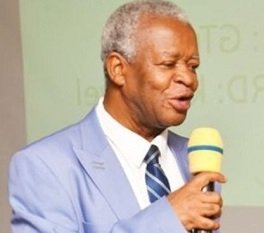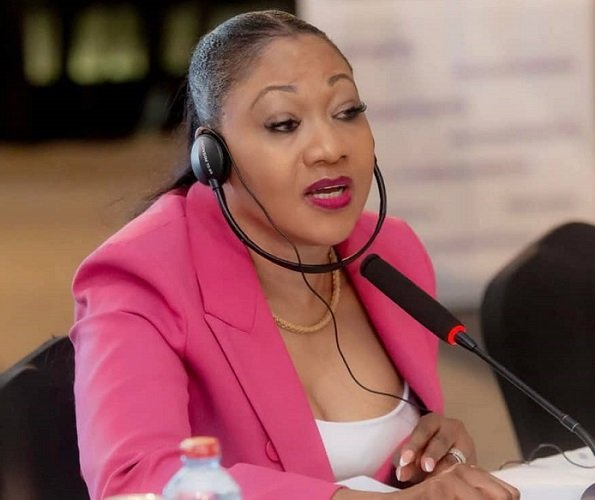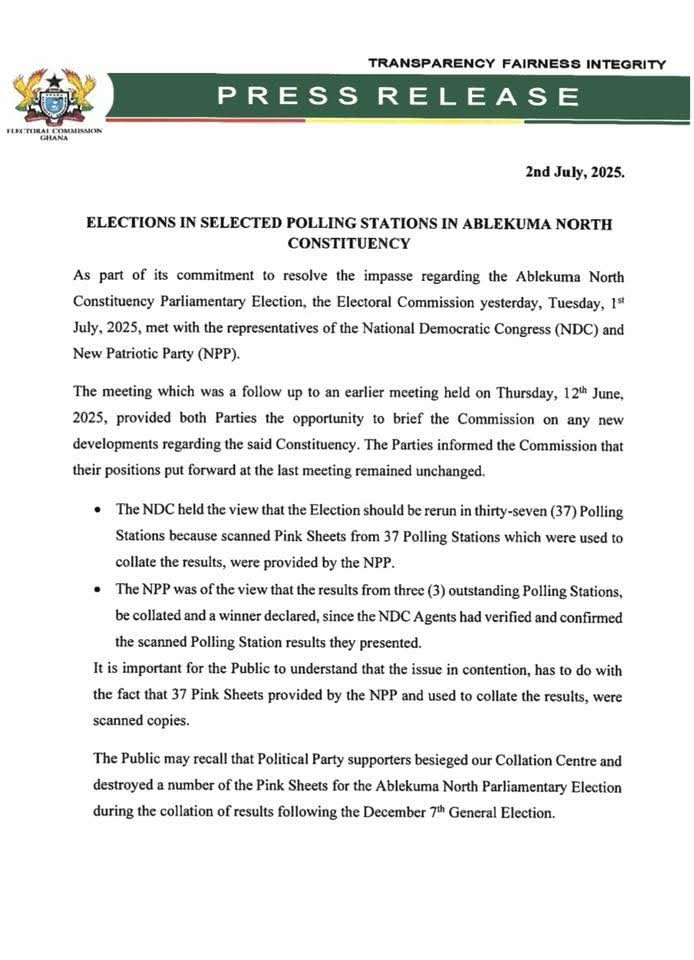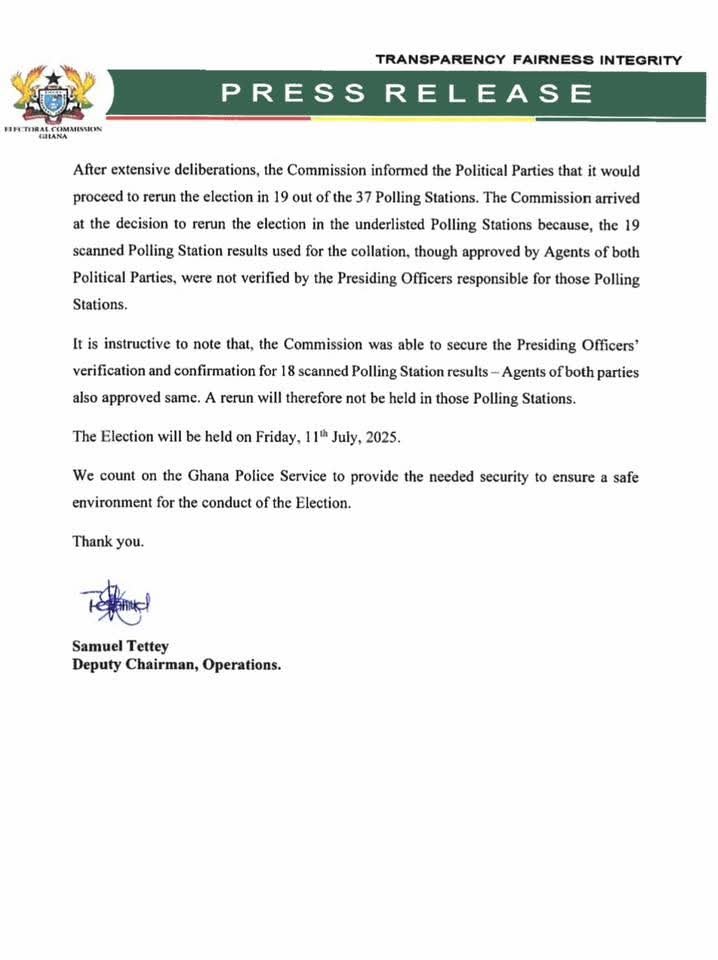Hot!
Homosexuality a mental disorder, not biological – Prof Akwasi Osei

Professor Akwasi Osei, a member of the National Coalition for Proper Human Sexual Rights and Family Values, has stated that homosexuality is an abnormal behaviour, mostly learned and not biologically determined.
Prof Osei, who is also the Chief Executive Officer of the Mental Health Authority, said the argument that “homosexuality is normal” was, therefore, not tenable.
Prof Osei stated this in his presentation to the Constitutional, Legal and Parliamentary Affairs Committee of Parliament public hearing on the “Promotion of Proper Human Sexual Rights and Ghanaian Family Values 2021 Bill”, in Accra.
“Just about one to three per cent of any society in the world are homosexuals, the vast majority are straight, so 97 to 99 per cent are straight,” he stated.
“So, if you have only one to three per cent (being homosexuals), how do you say it is so common that you want to consider it as normal?”
The presentation of the Coalition focused on addressing the real issues of LGBT.
He emphasised that people learned homosexuality as a habit; adding that only a few homosexuals were born with the homosexual tendencies.
Prof. Osei said the assertion that the biological base of homosexuality was scientific was false and that homosexuality was not a human right.
There was no national record of on LGBTQI individuals but a study by an NGO indicated that there were about 650,000 people in the country with homosexual (LGBTQI) tendencies, he explained.
He said the total number constituted about 0.02 per cent of the Ghanaian population, saying “how can you say 0.02 per cent is a common phenomenon and therefore, it is normal?”
Prof Osei said a majority of homosexuals learnt it from peer pressure, while others were simply out of adventure and curiosity.
He said there were others who developed hatred for the opposite sex because of childhood defilement or rape, and as result sometimes became lesbians or gays.
“There is a scientific way of determining what is normal, so, it is not opened to people’s whims and caprices. Normality is determined by the frequency of occurrence, not by birth scientifically……”
Mr Moses Foh-Amoaning, Executive Secretary, National Coalition for Proper Human Sexual Rights and Family Values, said the Coalition had developed a holistic sexual therapy system that addressed the real issues of LGBT people.
He said the Coalition had come to the Bill with about 10 years’ experience investigating, researching and dealing with LGBT people, emphasizing, “hundreds and hundreds of them”.
“So, the question is what is the strategic goal of the LGBT Movement? Is there an LGBT Moment? Yes. That is a distinction must be made between those who lobby, who fund, who push the idea….
“A distinction must be made between those people and then those who are genuinely involved in those activities and suffer for it because of biological reasons, psychological reasons and other reasons,” he stated.
Mr Foh-Amoaning said the basic strategic goal of the LGBT Moment was “to say that all of us must accept homosexuals and other LGBT behaviour, they don’t change, that is their strategic goal. Their basic strategy is propaganda, lies, half-truths, that is what they do”.
He said the LGBT Movement’s strategy was to move away from what they did to focus on abstract things – such as human rights and minority rights.
Mr Foh-Amoaning said the greatest single victory of the gay movement was shifting the debate from their behavior to identity.
He alleged that some NGOs were being funded to promote the LGBT Agenda in the country.
Prof Afua Hesse, a member of the Coalition, said the Bill provided for the medical care of children and multidisciplinary team for the disorders of sexual development.
Children needed protection from sexual abuse, especially sodomy with sufficient deterrents, she sated.
Likewise, there should be psychosocial and medical health for the victims and the perpetrators as the Bill was proposing and the holistic sexual therapy system, which integrated all the knowledge that one would expect from various scientific areas together. -GNA
Hot!
Prof. Dodoo named ARSO President Emeritus

The African Organisation for Standardisation (ARSO) has unanimously conferred Professor Alex Dodoo with the honorary title of President Emeritus following resolutions by both its executive council and general assembly.
The decision, which was taken during the 31st General Assembly of ARSO in Zanzibar, Tanzania, last Friday, recognised Prof. Dodoo’s exceptional leadership in advancing continental standards for trade, safety and sustainable development.
The resolution ensured his continued advisory role in the strategic direction of ARSO while mentoring future standardisation leaders across Africa.
The Secretary-General of ARSO, Dr Hemogene Nsengimana, said the title of President Emeritus was reserved for leaders whose impact transcended their tenure, reflecting lifelong dedication to their field.
Excellence
As immediate past ARSO President and Director-General of the Ghana Standards Authority, Prof. Dodoo spearheaded the creation of critical structures within ARSO and influenced harmonisation initiatives supporting the African Continental Free Trade Area (AfCFTA).
Professor Dodoo, an expert in pharmaceuticals, public health, and standards regulation, has played a pivotal role in shaping the standardisation landscape of Africa.
Under his leadership, ARSO saw effective collaboration among member states culminating in the general assembly this year, and bringing together a record 34 countries, the highest in the history of the organisation.
The advocacy of Professor Dodoo for “One Standard, One Test, One Acceptance” across Africa has been instrumental in reducing technical barriers to trade and fostering economic integration.
In his new role, Professor Dodoo would continue to provide strategic guidance to ARSO, mentor emerging leaders in standardisation, and champion the voice of Africa in global standards bodies such as the International Organisation for Standardisation (ISO) and the World Trade Organisation (WTO).
Professor Dodoo, in his acceptance remark, said, “This honour is not just a personal milestone but shows the collective efforts of all stakeholders working toward a standardised, competitive, and quality-driven Africa.”
He said, “Our journey is far from over, and I remain committed to the vision of an Africa where standards fuel prosperity.”
As President Emeritus, Professor Dodoo is expected to focus on critical areas such as strengthening Africa’s quality infrastructure, advocating for standards in emerging sectors such as renewable energy and digital economies and bridging the gap between academia, industry, and policymakers in standardisation.
Competence
The Executive Director of the Standards Division at the South African Bureau of Standards (SABS), Dr Sadhvir Bissoon, said Prof. Dodoo had contributed towards the leadership of the ARSO Council in driving strategy, governance, “reviewing our laws and statutes and ensuring their implementation”.
“I hope he will still serve the needs and aspirations of ARSO in his new role,” he said in an interview with the Daily Graphic.
Private sector leaders who attended the event also lauded Professor Dodoo’s efforts to align African standards with global best practices.
The Regional Director of COTECNA, a key partner in the continental standards community, Antoine Anne, for his part, said the appointment of Professor Dodoo reaffirmed the commitment of the African continent to excellence.
Source: Graphic.com.gh
Hot!
EC to conduct elections in selected polling stations at Ablekuma North

As part of its commitment to resolve the impass egarding he Ablekuma North Constituency Parliamentary Election, the Electoral Commission(EC) yesterday, Tuesday, July 1, 2025, met with the representatives of the National Democratic Congress (NDC) and New Patriotic Party (NPP).
The meeting, which was a follow-up to an earlier meeting held on Thursday, June 12, 2025, provided both parties the opportunity to brief the commission on any new
developments regarding the said constituency.
The parties informed the Commission that their positions put forward at the last mecting remained unchanged.
The NDC held the view that the election should be rerun thirty -seven
(37) Polling Stations because scanned Pink Sheets from 37 Polling Stations which were used to
collate the results, were provided the NPP.
The NPP was of the view that the results from three (3) outstanding Poling Stations be collated and a winner declared since the NDC Agents had verified and confirmed
the scanned Poling Station results they presented.
According to the EC, it is important for the public to understand that the issue in contention has to do with
the fact that 37 Pink Sheets provided by the NPP and used to colate the results were scanned copies.
“The Public may recall that Political Party supporters besieged our Collation Centre and
destroyed a number of the Pink Sheets for the Ablekuma North Parliamentary Elcction during the collation of results following the December 7 Gencral Election,” the EC added.
After extensive deliberations, the Commission informed the Political Parties that it would
proceed to rerun the election in 19
of the 37 Polling Stations.
The Commission arrived at the decision to rerun the election in the underlisted Polling Stations because, the scanned Polling Station resuits used for the collation, though approved by Agents of both political Parties, were not verified by the Presiding Officers responsible for the Polling
Stations.
According to the EC, it is instructive to note that the Commission was able to secure the Presiding Officers
verification and confirmation for 18 scanned Polling Station results-
Agents of both parties also approved same.
The election will be held on Friday, July 11, 2025
The Commission has further urged the Ghana Police Service to provide the needed security to ensure a safe environment for the conduct of the election.








